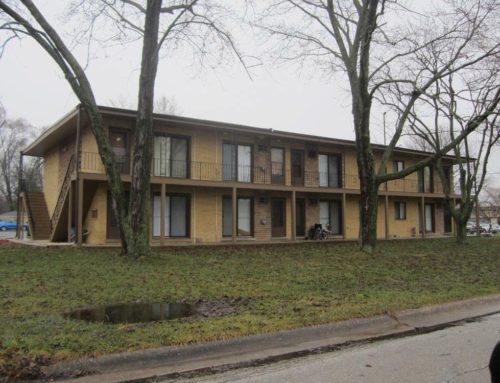As I have mentioned in my last blog, all the signs are showing that we are getting closer to a recession. Recession could be devastating to a lot of businesses including real estate investment ones. On the other hand, a recession could mean great opportunities, especially for real estate investors…
As real estate investors, we must take some steps to minimize the impact of a coming recession to capitalize on the opportunities it might bring.
To understand the steps, we must first understand what will happen during a recession:
- During the first phase of a recession, people will be losing their jobs. When that happens, many will not have the money to pay their rent or mortgage. They will do whatever they can to survive. They will go back living with their parents, grandparents or other family members to save the rent. During this phase, vacancy rates will go up and rents will decrease. Property value will decrease sharply and CAP rates will go up.
- In the second phase, people will start looking for new jobs, they will move wherever they can have a job and make money. During this phase, vacancy rates will decrease and rents will go up. Property value will continue to drop but at a low rate or they will be stagnant.
- The third phase will be the recovery, where job creation will be the engine of growth. During this phase vacancy rates will get to minimum and rents will be at the top. Property value will increase and CAP rates will compress.
Investors should prepare themselves for the recession in both, the properties they are currently holding as well as in new acquisitions.
In properties you are currently holding, you should keep some cash reserves. During the first phase, you should expect higher vacancy rates and also a decrease in rents. Make sure you have enough cash to operate under 20% vacancy for 12-18 months.
In addition, if you have a loan that will expire in the coming 1-3 years, and your current loan is more than 60% LTV (Loan To Value on the current value of the property), consider refinancing with the same balance on the loan (to keep the same payments) but with a 7-10 years term. That will allow you to get through the recession with no need to renew your loan when the property value is at its lowest point.
As for new acquisitions, make sure that you are underwriting the property with a high vacancy to ensure you can go through the recession. We are underwriting with 20%-30% currently. As for loans, the same rule applies here, take your loan for 7-10 years to make sure you won’t need to renew the loan when property value will be at the bottom.
No one wants a recession, but history shows that the next one is inevitable…
So you’d better prepare for it…
Eliav Kling







